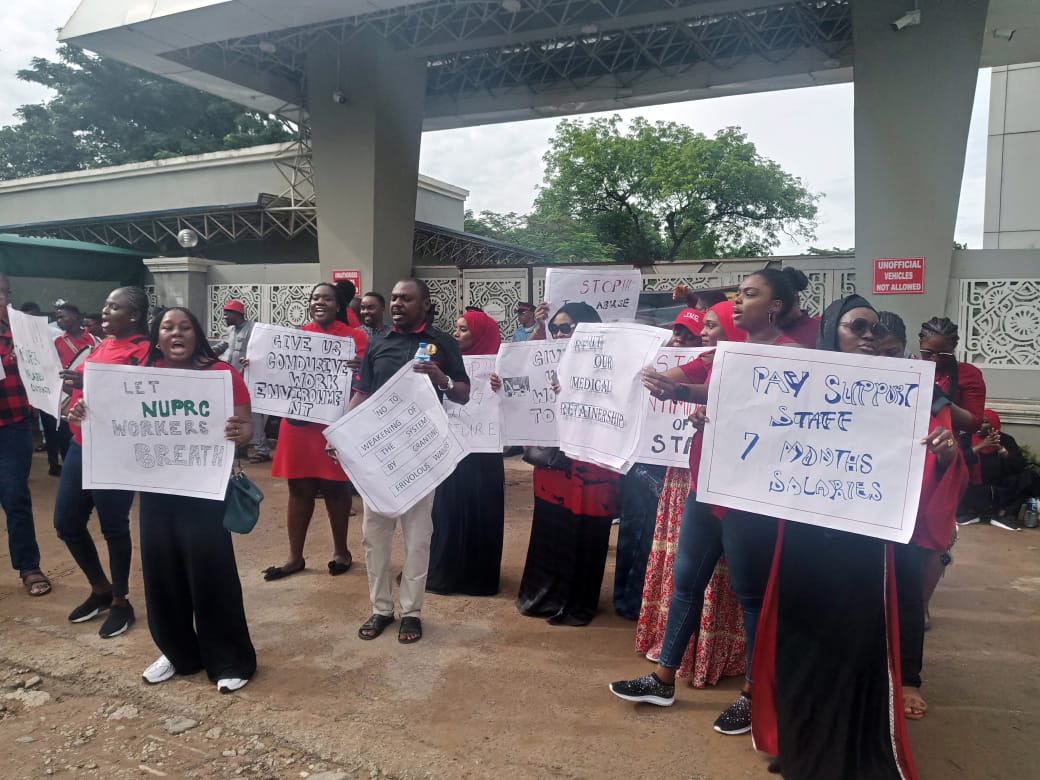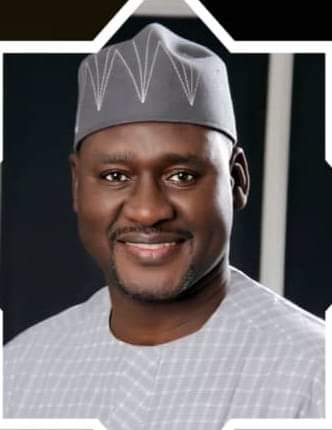
No Going Back On Nationwide Protest Today-NLC
Mohammed Shosanya The Nigeria Labour Congress has informed Nigerians that its planned nationwide Protest on account of the recent increase in the pump price of petrol in Nigeria will hold on Wednesday.















